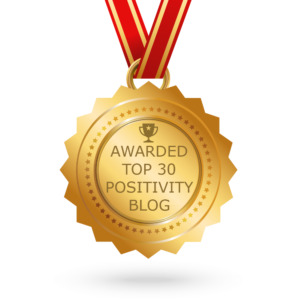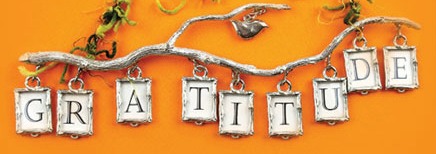Living In Gratitude: Think Again
“Let go of your attachment to being right, and suddenly your mind is more open.” – Ralph Marston
As humans, we like to feel that the ideas, beliefs, and opinions we hold are correct – and those opposing views of others are wrong.
We can often find the error in the ideas other people hold and feel driven to help them rethink their opinions. Still, we are much less inclined to realize that we, too, may benefit from letting go of our attachment to being right, opening our minds to new perspectives, knowledge, and insights so we can rethink and unlearn.
That is what the book, Think Again: The Power of Knowing What You Don’t Know by Adam Grant is all about.
Grant suggests that we gravitate toward three distinct styles of communicating what we think we know.
- The Preacher: delivering sermons to protect sacred beliefs
- The Prosecutor: determined to prove other people’s reasoning is faulty and incorrect
- The Politician: campaigns and lobbies to win people over to their side of an argument
These “professions” are designed to guard our beliefs so firmly that we shut down any contrary information. We further entrench our viewpoints and opinions through two psychological biases:
- Confirmation bias: seeing what we expect to see
- Desirability bias: seeing what we want to see
Both confirmation and desirability biases solidify our beliefs, shutting us down to practicing intelligence and instead weaponizing us against knowledge and evidence that goes against what we “know to be true.”
A better approach than preaching, prosecuting, and politicking is to think like a scientist.
Scientists seek evidence and data. They test theories with experiments. They are curious and realize they have limits to their understanding. They harness the power of knowing what they don’t know. They don’t (often) fall victim to the biases mentioned above, which keeps their ideas from becoming ideologies.
Scientists celebrate when they learn something, when new evidence shines a light on an area, illuminating their “unknowing” and even possibly disproving something they thought they knew.
Often, Grant explains, our identities and beliefs are intertwined. By admitting we don’t know, are incorrect, or accept new evidence that counters our beliefs, we feel that we are losing part of who we are.
Instead, he offers that we should identify with values rather than specific, strongly held ideas. This opens us up to rethinking, being curious, and having open dialogues with those with different experiences, perspectives, and ideas than our own.

The starting block of rethinking is intellectual humility: knowing and being eager to know what we don’t know. New information is continually being discovered or revised.
It’s okay to say, “I don’t know.” Better than to double down on a belief or opinion around which we have no significant data.
It’s okay to listen to and possibly even agree with someone else’s ideas. We may learn something new or find that we have some common ground even with those who hold opposing views.
It is okay to say, “I don’t know enough about this to have an opinion.” Admitting we lack information allows us to be curious and embark on a quest to learn. It also begins to make this level of transparency normal, instead of the social requirement to pretend we are knowledgable when we aren’t.
It is okay to ask, “I’m curious to learn more about your thinking. How did you arrive at that belief?” This active, open listening helps form relationships, makes connections, and is more apt to engage both people in a dialogue of information sharing versus preaching, prosecuting, or politicking.
The world is a fascinating place filled with fascinating people and information. Appreciate your ability to be a rethinker, one who isn’t personally invested in holding onto ideas as a part of their identity.
Remember: the more you know, the more there is to know, to rethink, and unlearn.
May your day be filled with gratitude, curiosity, rethinking, and good things.







